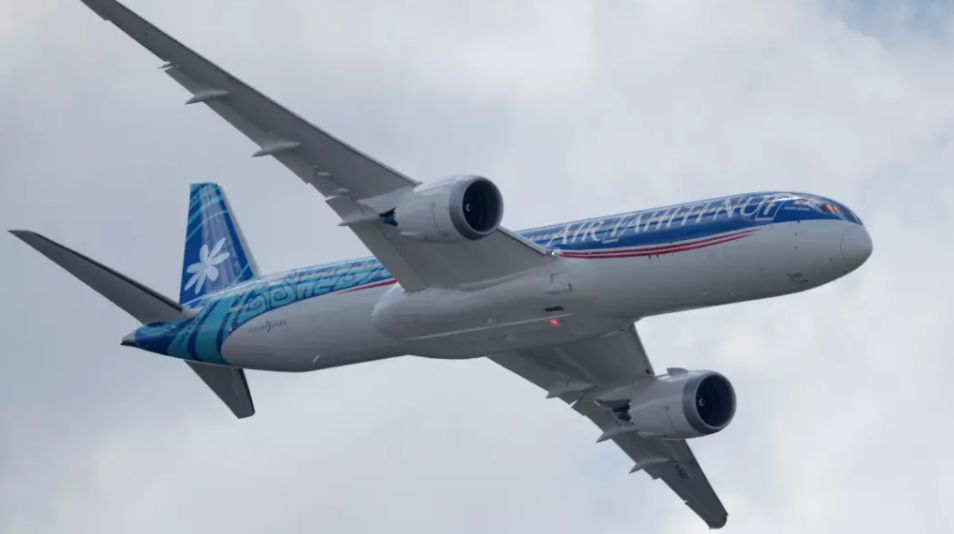SIA: the airline is adding back flights, but travel bubbles stall
Singapore Airlines (SIA) expects its gradual increase in capacity will continue this year, although it still has a long road to anything like a recovery. Recent COVID-19 outbreaks in many Asia-Pacific countries - including Singapore - mean that travel bubbles no longer present the opportunity for short term acceleration.
As has been discussed many times, airlines like SIA and Cathay Pacific are in a particularly vulnerable situation during the pandemic, due to their complete reliance on international services.
As two-way travel bubbles are put on hold, SIA is having to pin its hopes for a more meaningful international revival on vaccination programmes in its key markets. But many questions are still to be answered regarding cross-border harmonisation and acceptance of vaccination protocols.
In the meantime, SIA is resuming services where it can. It is also further tweaking its fleet plans as it becomes more apparent that an international rebound is still on the distant horizon.
TO READ ON, VISIT: SIA: the airline is adding back flights, but travel bubbles stall
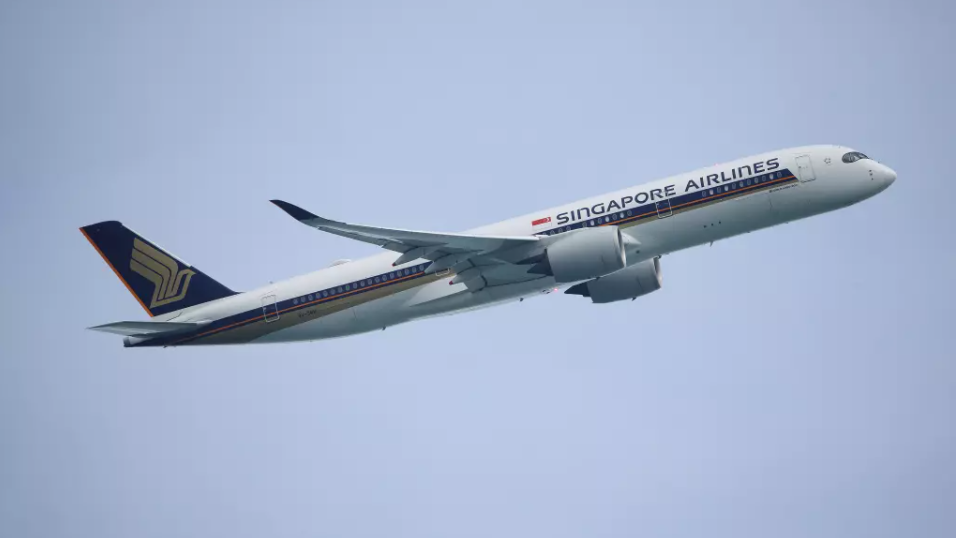
European airline traffic lags capacity climb as summer peak nears
Airline seat capacity in Europe overall is 65.5% below 2019 in the week commencing 24-May-2021. This rate of decline has now narrowed for five straight weeks, improving by 8.1ppts over that time.
However, passenger traffic data has not matched the upward trend - at least, had not by early May-2021 (the most recent data); possibly because the slow expansion of capacity had not yet been accompanied by looser international travel restrictions.
Europe's capacity trend is still far behind other regions, even though the gap is narrowing. The next weakest is Middle East, where seat capacity is down by 53.4% versus 2019, while Africa is down by 48.9%, Latin America by 40.4%, Asia Pacific by 37.9%, and North America by 32.7%.
The UK's initial green list of quarantine-free countries has been operational for more than a week now, and EU member states have also agreed some loosening of international travel restrictions.
This is releasing some pent-up demand, but more relaxation is needed before the summer peak. Moreover, corporate travel is likely to remain depressed until corporates also relax their own policies on business trips. EUROCONTROL does not expect 2019 traffic levels until 2025.
TO READ ON, VISIT: European airline traffic lags capacity climb as summer peak nears
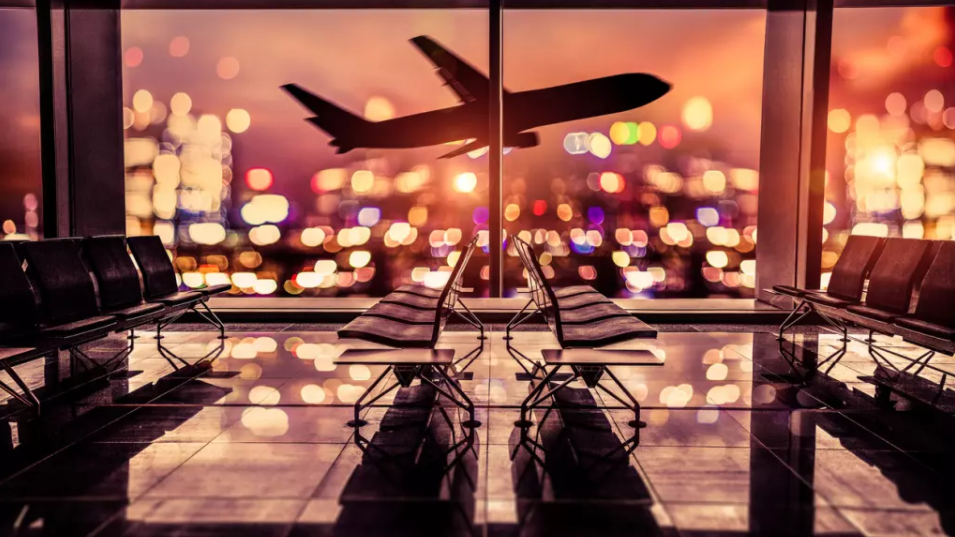
Potential airline consolidation in Brazil: more questions than answers
There has been no shortage of smaller airlines in Latin America seizing on opportunities during the COVID-19 pandemic. But Azul's reported pursuit of LATAM Airlines Brazil is the most ambitious move yet.
After a consistent period of consolidation in Brazil during the last decade and a half, there is likely to be debate about the necessity for additional coupling among airlines, and how the country's government would view further consolidation.
And despite the fact that LATAM has apparently dismissed Azul's overtures, LATAM's restructuring in Chapter 11 bankruptcy protection adds a layer of uncertainty to the outcome, and possibly the future composition of Brazil's domestic market.
TO READ ON, VISIT: Potential airline consolidation in Brazil: more questions than answers
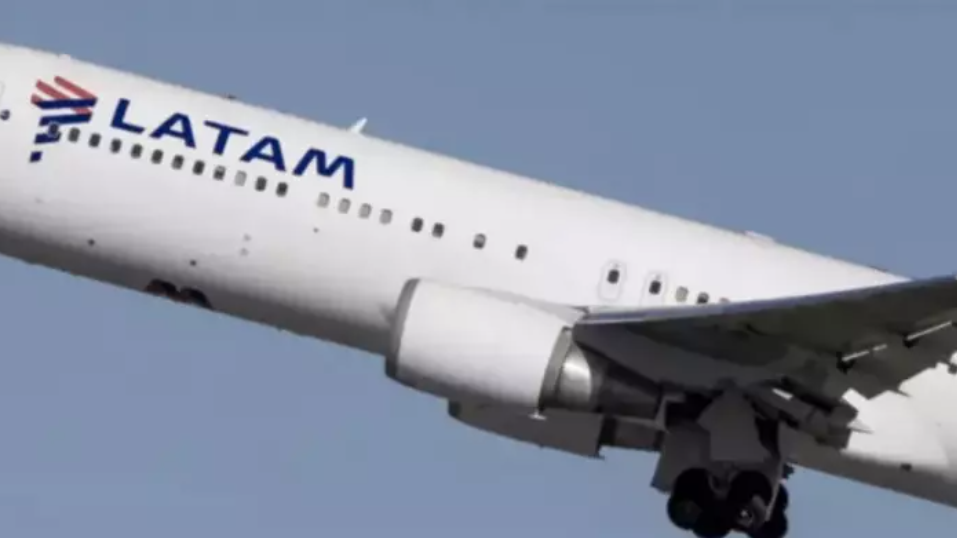
Norse Atlantic Airways: Bjorn Again vs Son of Norwegian
Received wisdom about aviation's recovery tends to place domestic markets over international markets, short haul ahead of long haul, narrowbody routes before widebody routes, direct flights above connecting flights, and low cost over legacy.
Yet Norway's start-up Norse Atlantic Airways only plays to one of these preferences, in that it styles itself as an LCC.
Even there, beyond low lease rates, its source of cost advantage is unclear. It is aiming to launch services on the North Atlantic, an international long haul market, using widebodies and relying on partners for connections to feeder traffic.
With start-up funding raised, and nine Boeing 787 aircraft lease agreements reached with AerCap, Norse Atlantic can at least wait for market conditions to improve.
Norse Atlantic was founded by the 'Bjorn Three' of Bjorn Kjos, Bjorn Kise and CEO Bjorn Tore Larsen. The first two of the trio also founded Norwegian Air, which foundered after entering long haul markets, its problems compounded by debt-fuelled overexpansion.
The 'Bjorn Again' airline will no doubt be careful to avoid the same pitfalls.
TO READ ON, VISIT: Norse Atlantic Airways: Bjorn Again vs Son of Norwegian
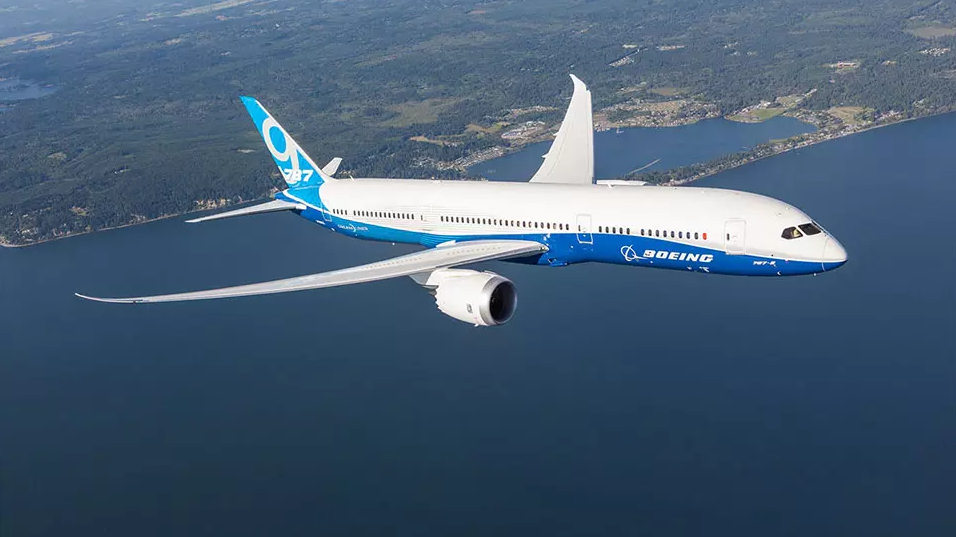
CAPA Live: Air Lease Executive Chairman Steven Udvar-Házy
Talking at the CAPA Live on 12-May-2021, Air Lease Corporation's executive chairman Steven Udvar-Házy spoke with CAPA's chairman emeritus Peter Harbison. Here's some of the highlights: "Many airlines have mortgaged everything, their planes, their slots, their airport terminals, their ground facilities, their frequent flyer programmes....I believe that a significant part of airline loans will either have to be forgiven by government agencies or converted to some kind of equity"; "There's venture money that's available. There's good young used aircraft at reasonable prices, and there's plenty of pilots and flight attendants that are looking for work. That's a temptation to start a new airline...I think we would limit the size of our exposure to startups to maybe 5%, 6% of our total portfolio; "The lease rates Norse have worked out on the same aircraft are significantly lower than Norwegian. If you can save USD4-500,000 a month on renting the airplane you've got between USD5 and USD6 million a year delta between the fixed costs of what Norwegian had to endure or what Norse has to live with".
TO READ ON, VISIT: CAPA Live: Air Lease Executive Chairman Steven Udvar-Házy

SOF Connect completes Sofia Airport takeover; now the hard work starts
One of the last airport ownership or concession deals to be concluded before the pandemic, at Sofia in Bulgaria, was delayed pending appeals from every one of the losing parties. Those appeals were rejected in Nov-2019, but it is only now that the winning consortium has fully taken over the operation of Sofia Airport.
What SOF Connect has taken on is not exactly what it signed up for, as the airport has, in common with almost all others, lost a great deal of its traffic, and a recovery in capacity is taking place only very slowly.
But there are some underlying issues also at Sofia, both at the airport itself - such as an imbalance in favour of foreign LCCs and a lack of alliance capacity, which renders the airport non-mainstream - and in the wider country of Bulgaria, which has the undesired title of Europe's poorest.
The consortium has a job on its hands to satisfy its objectives and its 'mission', and the global airport investment community will be watching closely how it goes about it.
TO READ ON, VISIT: SOF Connect completes Sofia Airport takeover; now the hard work starts
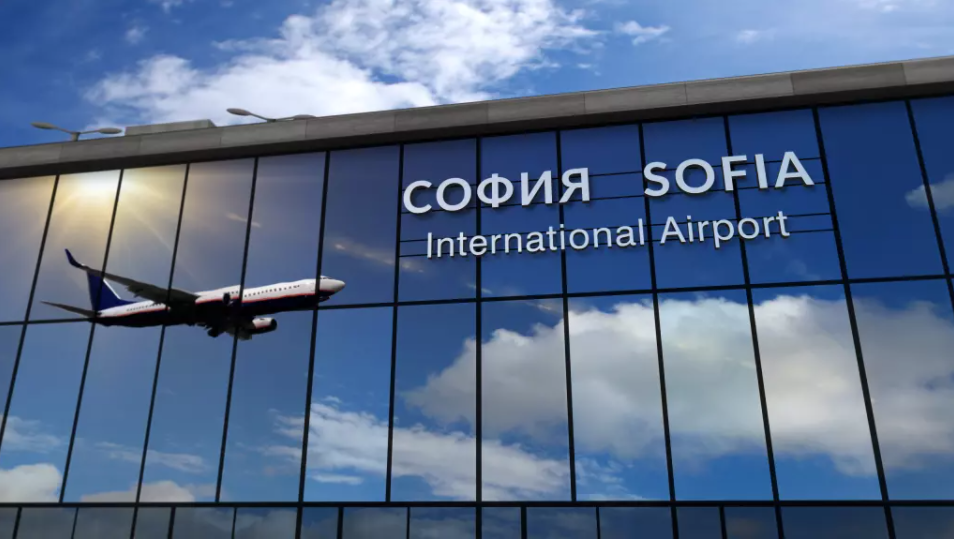
Ambitious KAC securing Ecuador airport deal, moves into Laos
When it comes to thinking of Korean airport operators that are active internationally, Incheon International Airport Corporation automatically springs to mind.
However, in the background, Korea Airports Corporation is quietly manoeuvring into Latin America in two separate countries, and now in its own Asia Pacific backyard, with a feasibility study in Laos that could lead to an expansion project there.
In aviation, as with anywhere else, it is often a case of 'horses for courses' and the foreign airports to which KAC is attaching itself are not dissimilar to those it operates in Korea, except that they are currently devoid of budget airlines.
KAC's knowledge and experience in this area will be mutually beneficial to these foreign airports in time, but in the immediate future the going will be tough. Meanwhile, KAC has had difficulty keeping most of its domestic airports in the black, which may be another reason for its external ambitions.
TO READ ON, VISIT: Ambitious KAC securing Ecuador airport deal, moves into Laos
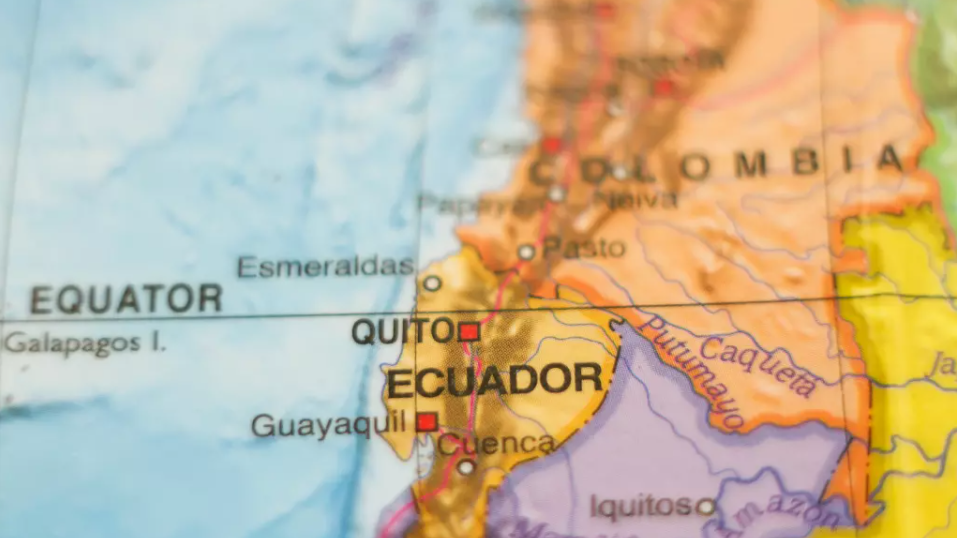
SPECIAL REPORTS: Aviation Sustainability and the Environment
This regular weekly CAPA report features a summary of recent aviation sustainability and environment news, selected from the 300+ news alerts published daily by CAPA. This week's issue includes: Air Tahiti Nui and CarbonClick launch voluntary carbon offsetting programme; Lufthansa Group introduces new sustainable packaging concept on Lufthansa and SWISS services; Aeroflot signs first sustainability linked loan agreement; Bristol Airport launches programme to fund sustainability projects; ICAO secretary general: Sector sees a tremendous opportunity to build back better and stronger.
TO READ ON, VISIT: SPECIAL REPORTS: Aviation Sustainability and the Environment
